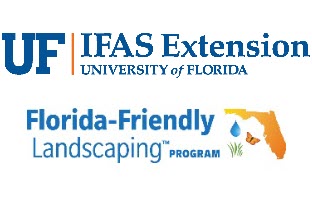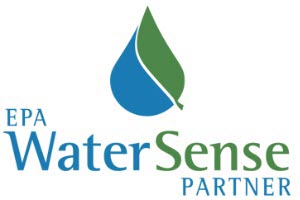Water Conservation
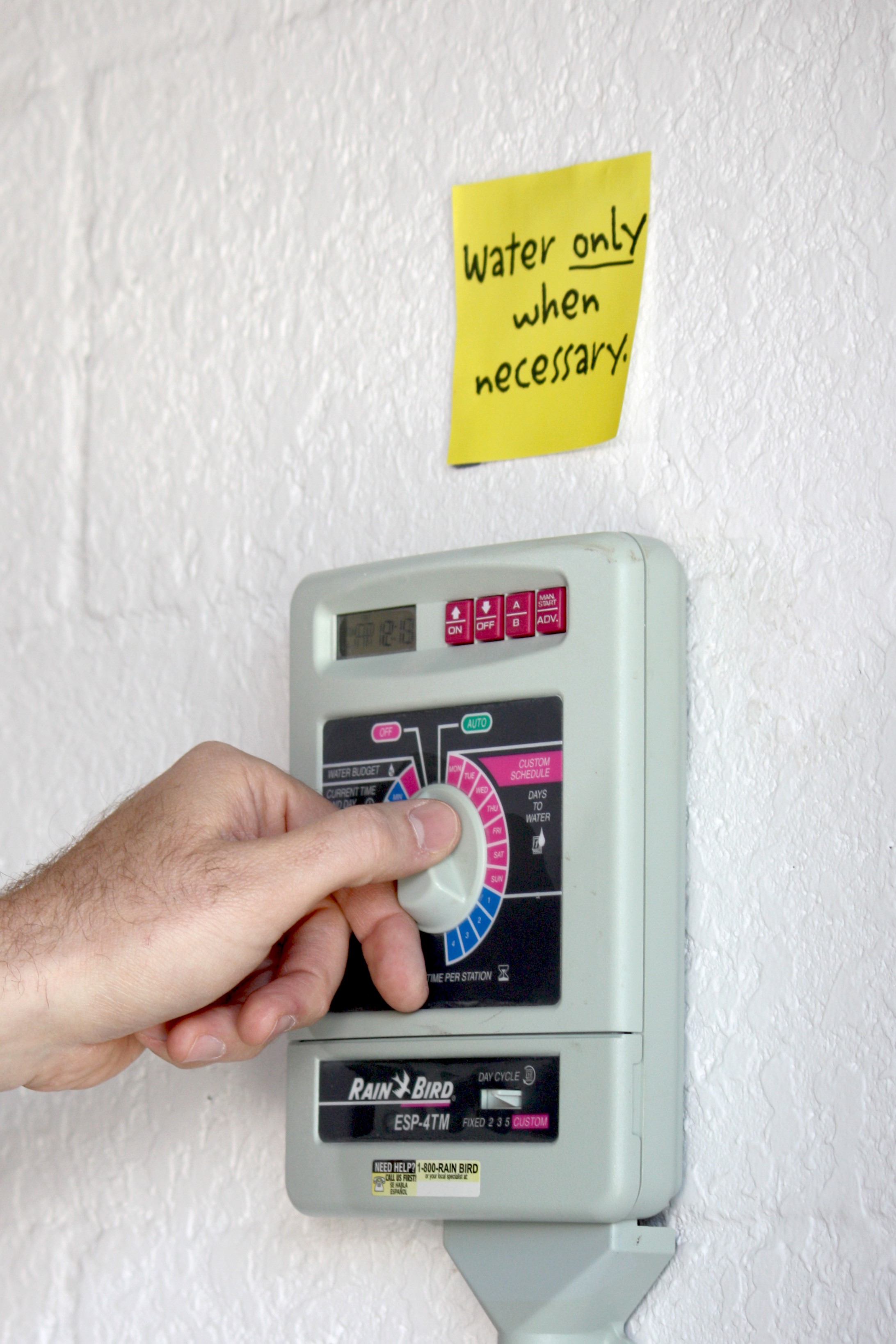 Water conservation is the most important action we can take to sustain our water supplies, meet future water needs and reduce demands on Florida’s water-dependent ecosystems such as springs, rivers, lakes and wetlands.
Water conservation is the most important action we can take to sustain our water supplies, meet future water needs and reduce demands on Florida’s water-dependent ecosystems such as springs, rivers, lakes and wetlands.
Water conservation activities can be implemented by utilities, sometimes utilizing cost-share programs offered by one of the five regional water management districts; through regulation, such as landscape irrigation restrictions, but most importantly, water conservation can be implemented by YOU!
Understanding Water Conservation
View this helpful infographic to find ways you can save water both inside your home and outdoors.

Understanding Reclaimed Water
Reclaimed water is highly treated domestic wastewater that can be reused for irrigation and other beneficial purposes to extend our water supplies. View this infographic to learn how reclaimed water is used and how to use reclaimed water responsibly.
Did You Know?
Additional Resources
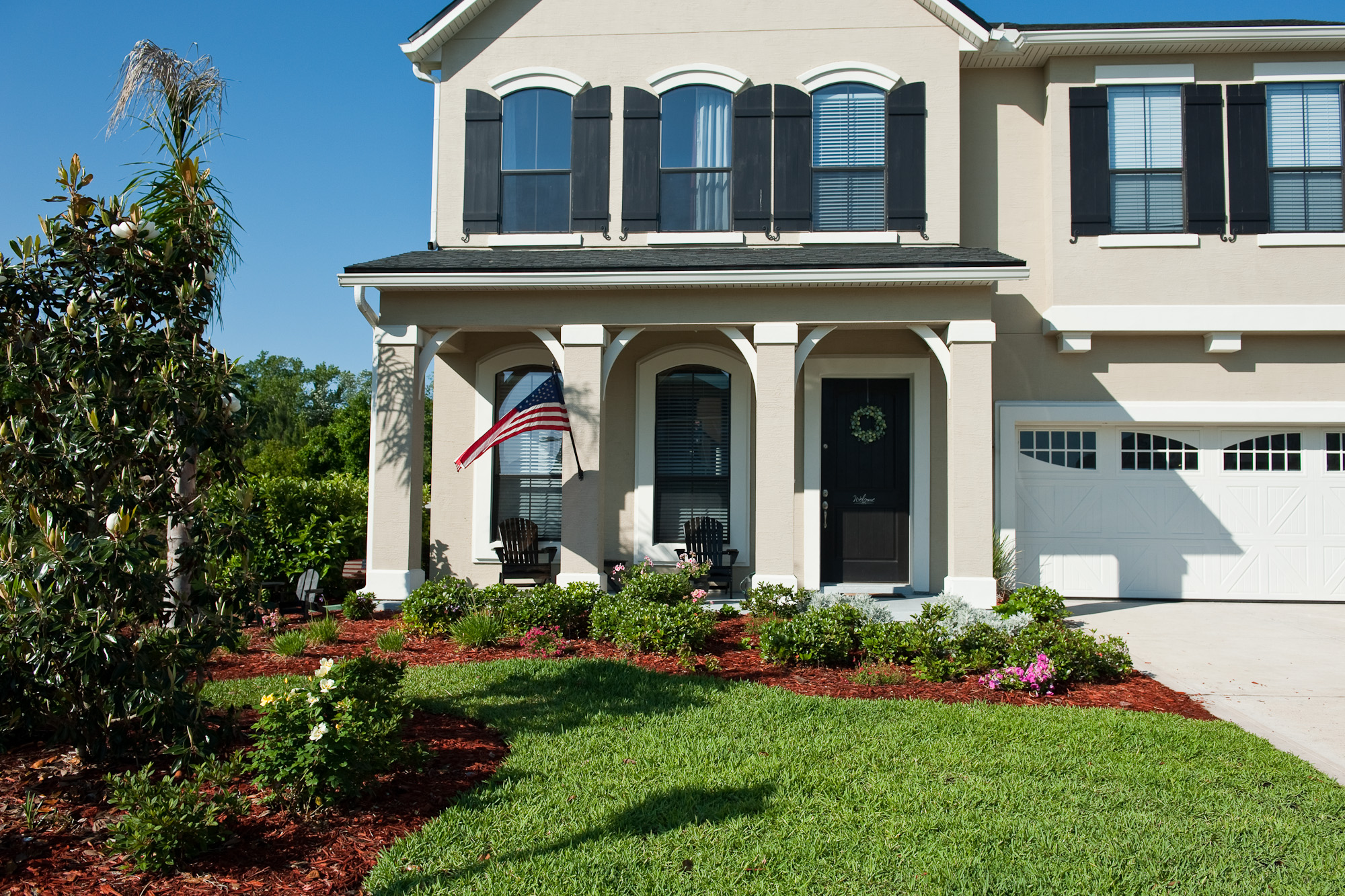
Florida Water Star
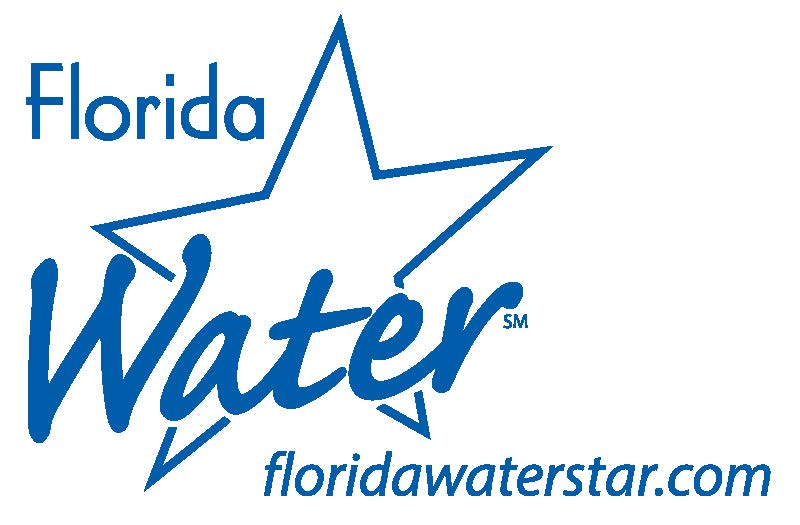 Florida Water Star is a water conservation certification program for new and existing homes, and commercial developments.
Florida Water Star is a water conservation certification program for new and existing homes, and commercial developments.
Standards and guidelines for water efficiency are included for indoor fixtures and appliances, landscape design and irrigation systems.
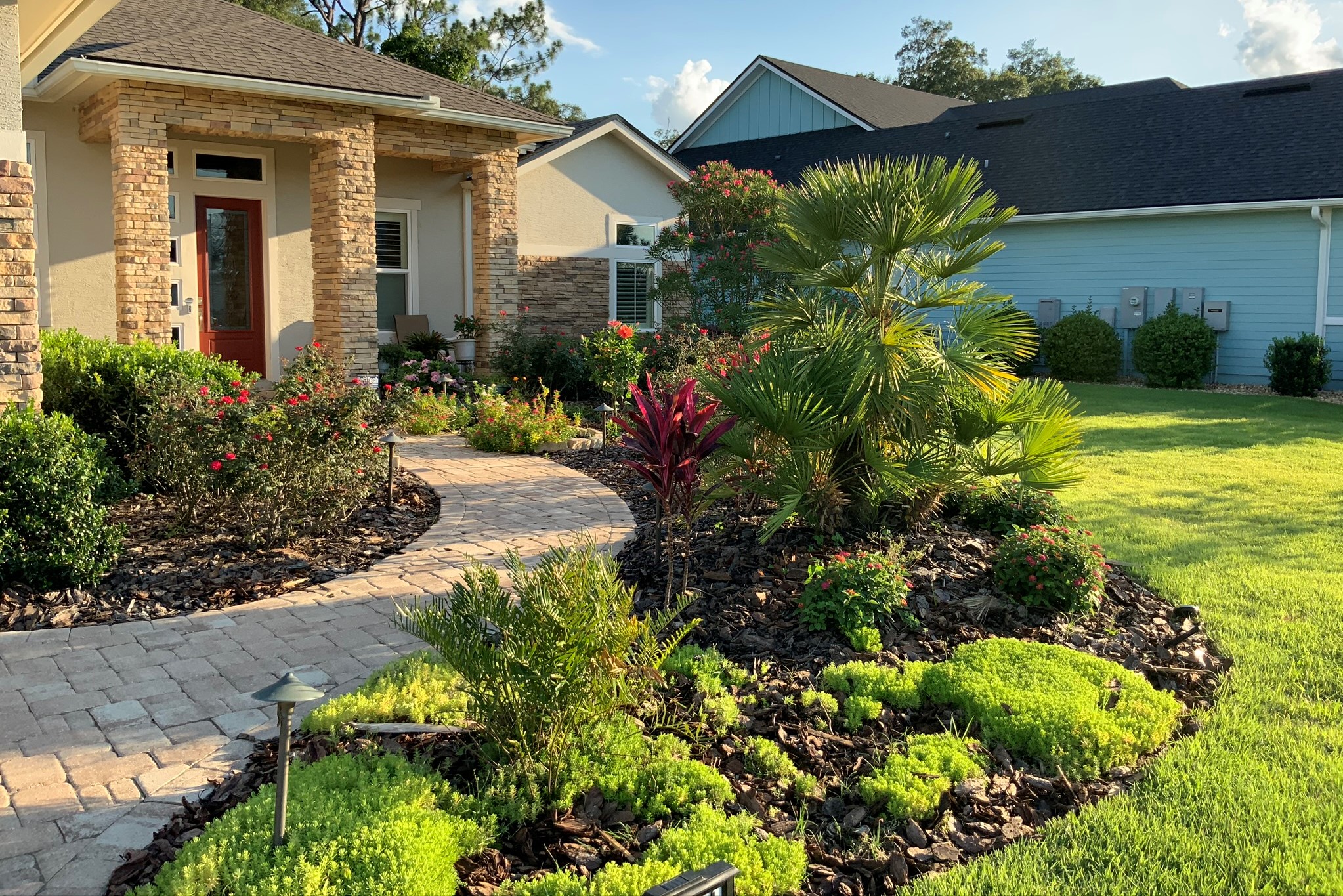
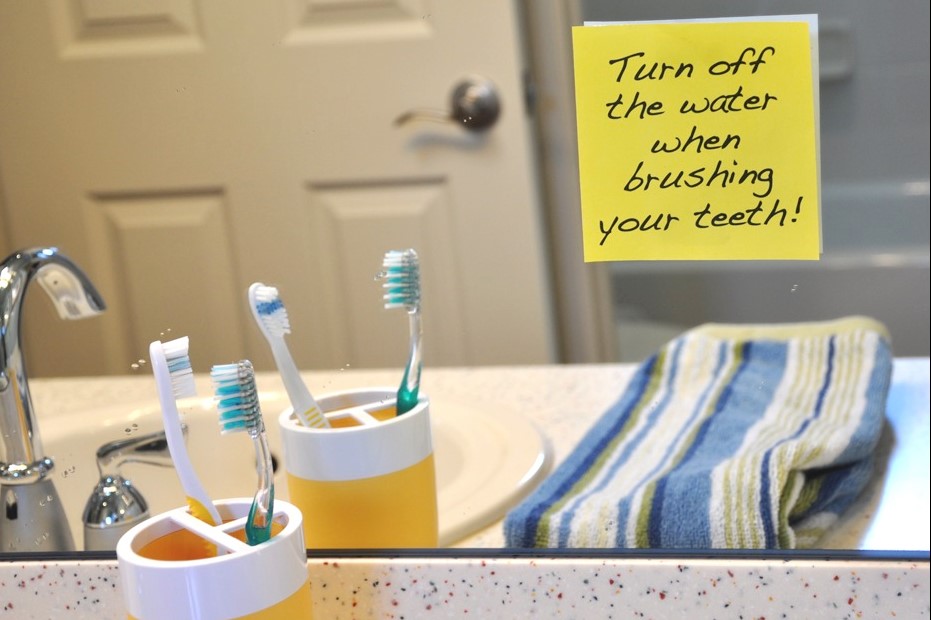
Water Use Calculator
The Southwest Florida Water Management District's Water Use Calculator can estimate water usage in your household. Calculations are based on local averages and national benchmarks.
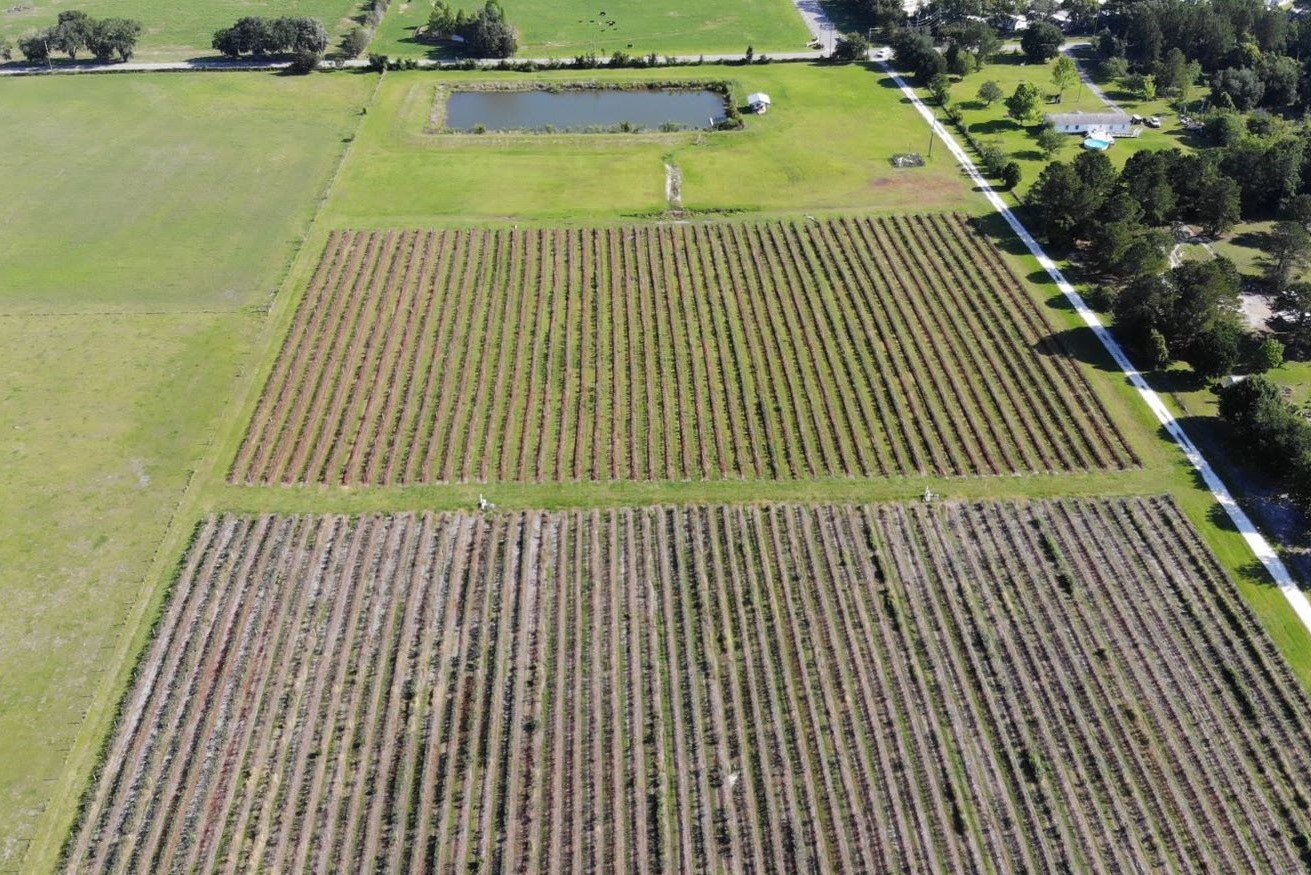
Agricultural Water Conservation
Water management districts coordinate with farmers all over the state to conserve water and reduce agricultural water use from the Floridan Aquifer.
Southwest Florida FARMS Program St. Johns River Agricultural Cost-Share Program
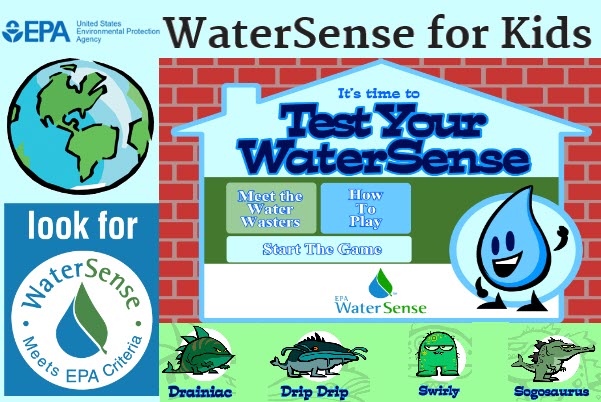
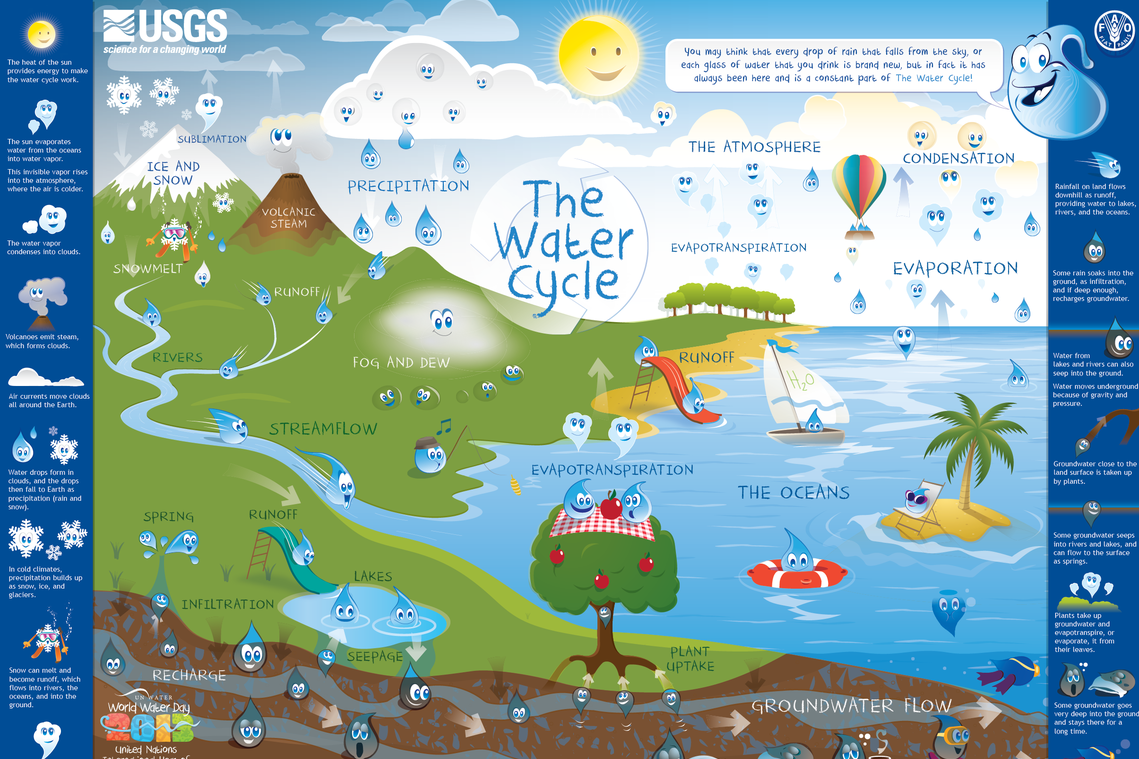
USGS Water Science School
U.S. Geological Survey's Water Science School offers information on many water topics, along with pictures, data, maps and an interactive center. Information is provided for students of all ages. Topics include water basics, water properties, the water cycle, surface water, ground water water quality and water use.
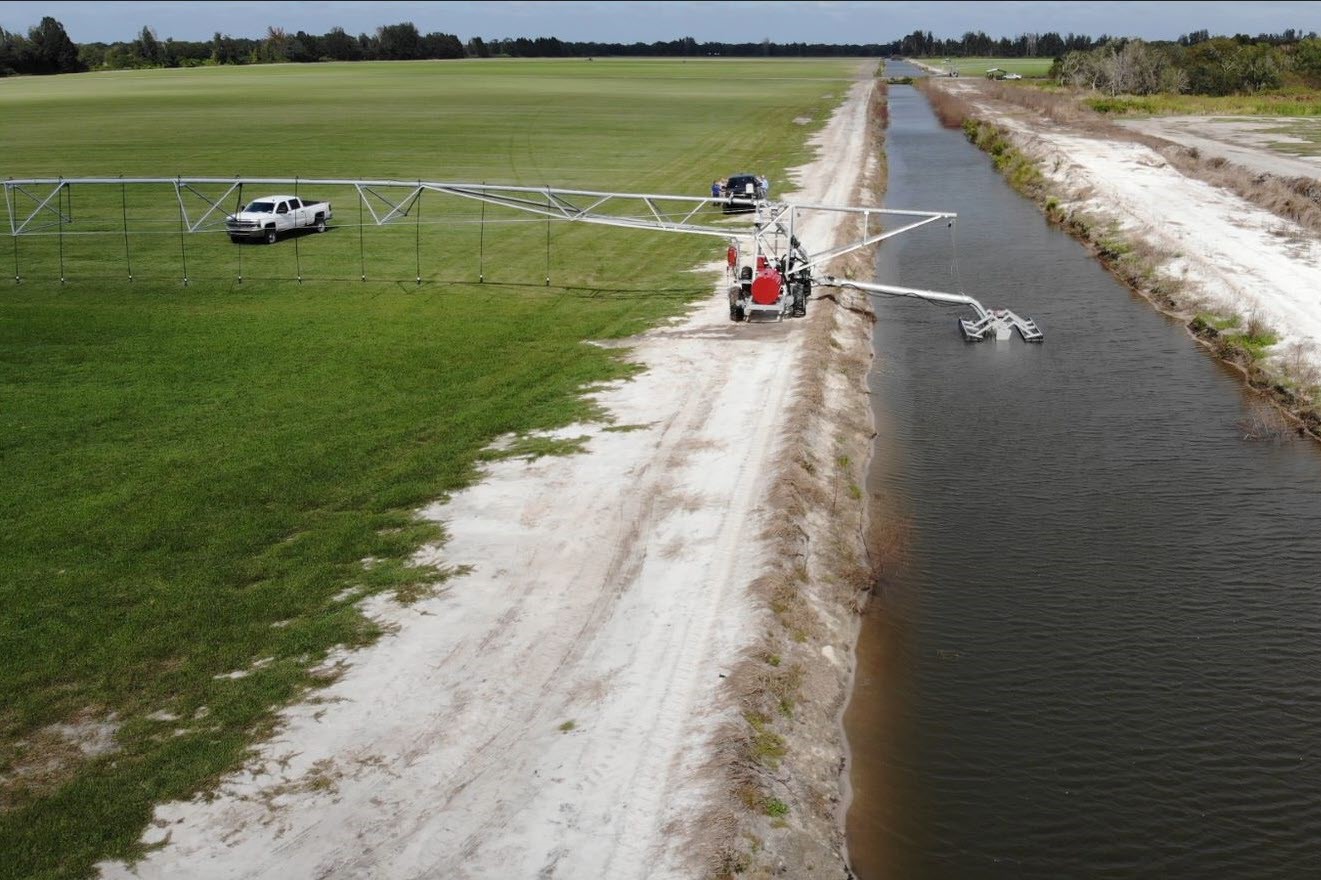
AGRICULTURAL BEST MANAGEMENT PRACTICES
Florida Department of Agriculture and Consumer Services’ (DACS) Best Management Practice manuals provide essential information for agricultural producers working to conserve water and reduce the amount of nutrients and other pollutants entering our surface water and groundwater systems.
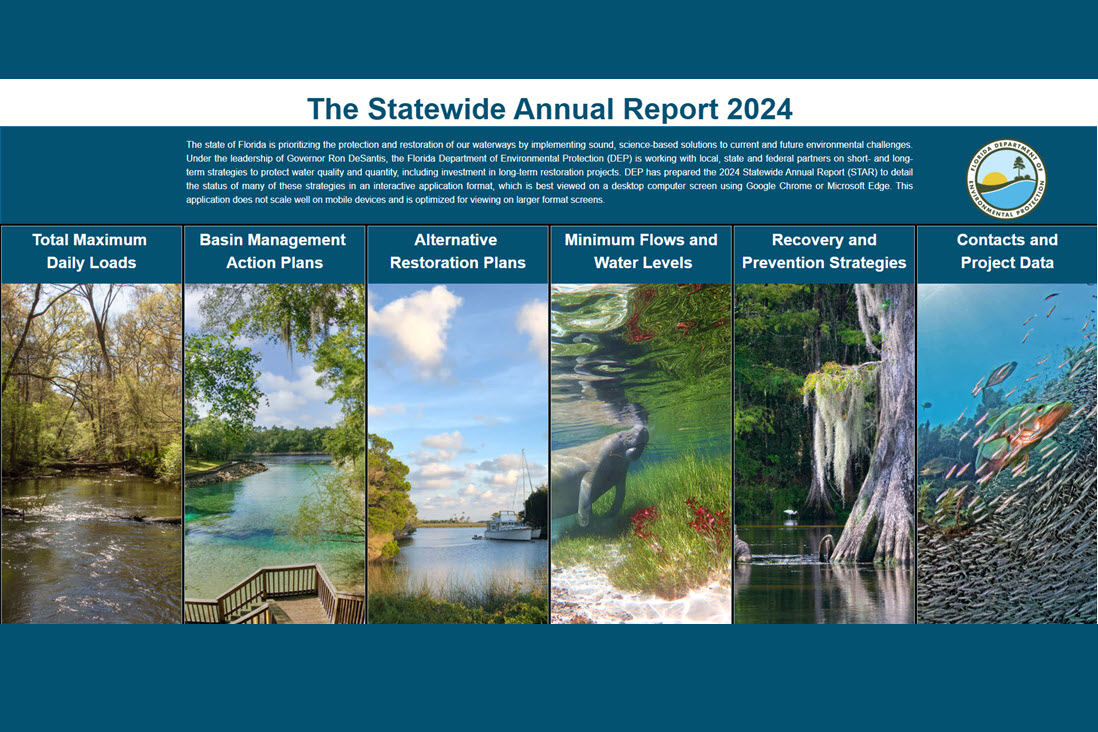
ANNUAL REPORT ON FLORIDA’S WATER QUALITY AND QUANTITY
Each year, DEP prepares a report detailing the status of environmental assessment and restoration programs, including total maximum daily loads, basin management action plans, minimum flows and minimum water levels, and recovery or prevention strategies.

